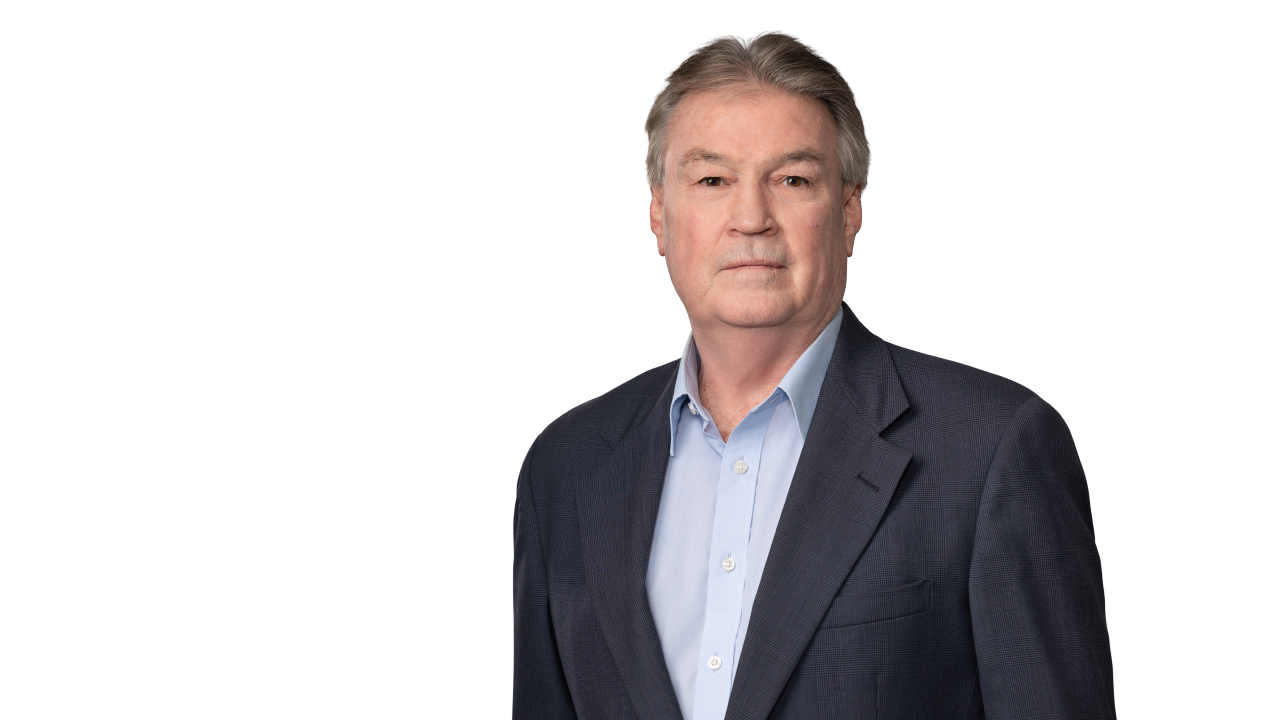New California Ethics Opinion Addresses Whether There is a Duty to Disclose Ethics Consultation to Clients
Lawyers for the Profession® Alert | 5 min read
May 2, 2019
California State Bar Formal Opinion No. 2019-197
Brief Summary
The California Standing Committee on Professional Responsibility and Conduct (the "Committee") recently issued a formal opinion about what ethical obligations arise when an attorney seeks ethics advice from outside counsel and/or law firm in-house counsel. The Committee determined that when attorneys have questions regarding their ethical obligations, they should seek advice and counsel, and doing so does not create an ethical conflict with a client. If, through the advice and counsel, an attorney learns of an ethical conflict with the client, that conflict must be disclosed. However, the fact that the attorney may have learned that information from a consultation with another attorney does not always need to be disclosed and depends on whether the facts cause such consultation to be a material development requiring disclosure under California Rule of Professional Conduct ("Rule") 1.4(a)(3). This same rule applies to in-house counsel at a law firm.
Complete Summary
Hypothetical Facts
The Committee described two hypothetical situations. Attorney represented Client in litigation arising out of a contract dispute. During the course of the litigation, Attorney sought ethics advice from Outside Counsel on two points. In the first, Attorney requested guidance on ethical obligations in discovery. In the second, Attorney sought an opinion on whether or not he had missed a statute of limitations to bring a cross-complaint on Client's behalf.
With regard to the discovery dispute, Attorney followed Outside Counsel's advice and advised Client about steps necessary to comply with document collection and production. With regard to the statute of limitations question, Attorney followed Outside Counsel's advice by (1) informing the client that he had likely missed the statute of limitations for filing a cross-complaint, and, therefore, Client would be unable to pursue those potential remedies; and (2) due to this fact there was a conflict of interest between the Attorney and Client, and Attorney could not continue with representation without informed written consent.
Rules Implicated in the Opinion
The Committee evaluated whether Attorney had met his ethical obligations, and specifically whether Attorney had a duty to disclose to the Client that he had received ethical guidance from Outside Counsel. "When a lawyer consults with another lawyer about matters involving the first lawyer's current client, ethical questions arise concerning what disclosures if any the lawyer must make to the client about that consultation" Opinion, at 2. These questions implicate the duties of communication under Rule 1.4 and loyalty to the client under Rule 1.7.
The Committee noted that the duty to communicate requires that an attorney disclose "significant developments relating to the representation." Opinion, at 6. The Committee drew a distinction between the fact of the consultation and the conclusions reached as a result of the consultation as described below.
The duty of loyalty requires an attorney to obtain informed written consent from a client where there is a "significant risk that a lawyer's representation of a client may be materially limited by the lawyer's personal interests, including interests that are actually or potentially adverse to the client's interests." The Committee compared predecessor Rule 3-310(B)(4) and new Rule 1.7(b), which adopts the framework set forth in Model Rule 1.7(a)(2), and noted that Rule 1.7(b) requires not only written disclosure, but informed written consent from the client and that the attorney reasonably believe that he can provide competent and diligent representation.
Application of the Rules
A. Seeking Discovery Advice
The Committee concluded that obtaining advice about ethical compliance with discovery requests does not create a conflict of interest with the client. "The principle that a lawyer seeking legal advice to ensure compliance with ethical obligations does not in itself create adversity between the client's and the lawyer's interests seems clearly correct. Lawyer and Client have a shared interest in ensuring that Lawyer meets his professional obligations." Opinion, at 6. In this scenario, Attorney did not need to disclose the fact that he had consulted with Outside Counsel regarding discovery compliance. The fact that an attorney has secured legal advice concerning compliance with the rules and standards would not "normally" constitute a "significant development" requiring disclosure to the client.
B. Seeking Advice on the Statute of Limitations
"If a lawyer becomes aware of facts that may give rise to a conflict, the lawyer must take action to investigate, analyze the situation and take any additional steps required by the rules." Opinion, at 8. At the point Attorney requested advice from Outside Counsel, there was only a possibility that he had committed prejudicial error. Therefore, Attorney was obligated to investigate further, which he did by consulting with Outside Counsel. An attorney "is not necessarily disloyal to a client by seeking legal advice to determine how to best address a potential conflict with a client." Opinion, at 8. Once Attorney obtained the opinion that he likely had committed prejudicial error, he was obligated to disclose that information to the Client.[1] Under these facts, it did not appear to the Committee that the Attorney's consultation with Outside Counsel was a significant fact requiring disclosure ("who made the determination makes no difference to what happened or what options are available…"). The opinion does not describe scenarios in which the consultation would be a significant fact requiring disclosure.
The Opinion provides a concise "to-do" list for an attorney who believes he has committed prejudicial error: (1) carefully consider whether attorney may ethically continue to represent client or if he should withdraw; (2) cease to represent unless he will be able to provide competent, diligent representation; (3) inform the client of the circumstances and facts of the error and the resulting conflict of interest; (4) advise client to seek independent counsel as to whether or not to continue with attorney's representation; (5) obtain informed, written consent from client before continuing with the representation.
C. In-House Counsel vs. Outside Counsel
The Committee evaluated whether the ethical implications of Attorney's scenarios would be changed if Attorney had sought advice from in-house rather than outside counsel. The Opinion notes with approval that courts have acknowledged the potential benefits to clients when firms employ in-house counsel, including the opportunity to enhance ethical compliance, early identification of mistakes, and the possibility of correcting errors. The Opinion concludes that there is no conflict in an attorney undertaking a preliminary investigation into potential mistakes, whether or not the evaluation is conducted by in-house or outside counsel. Participation of in-house counsel also does not require disclosures under the scenarios presented.
Significance of Opinion
This opinion provides an in-depth analysis of California's new Rules of Professional Conduct related to communication with and loyalty to clients. It confirms that attorneys can—and should—seek ethical guidance from outside counsel and in-house counsel, to investigate concerns or potential errors and learn how to best proceed. The opinion also provides an endorsement of law firm in-house counsel and their ability to provide ethical advice to law firm attorneys without creating a conflict of interest with firm clients.
For more information please contact Casey A. Hatton or Terrence P. McAvoy.
[1] The Attorney's obligation is to disclose the material facts potentially giving rise to any legal malpractice claim against the attorney. However, the attorney cannot advise or provide advice to the client on the merits of any malpractice claim. The attorney must disclose the conflict, describe limitations on advising the client, and advise the client to consult independent counsel.
Featured Insights

Press Release
Oct 22, 2025
Hinshaw & Culbertson LLP Launches New Website and Refreshed Brand
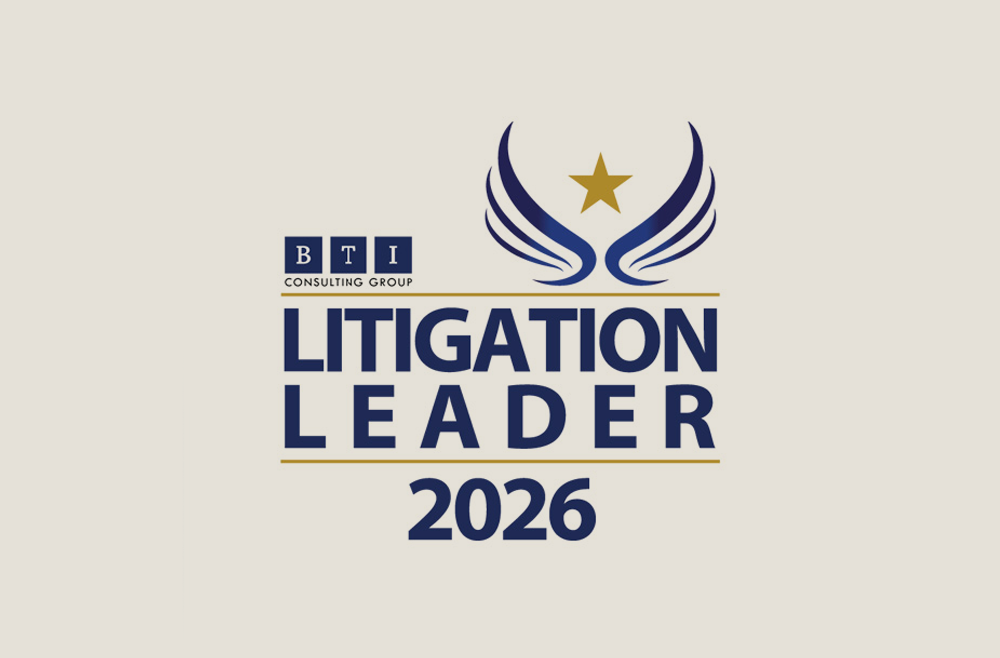
Press Release
Sep 26, 2025
Hinshaw Recognized as a “Leader in Litigation” in the BTI Consulting Litigation Outlook 2026 Survey

Privacy, Cyber & AI Decoded Alert
Sep 23, 2025
Fall 2025 Regulatory Roundup: Top U.S. Privacy and AI Developments for Businesses to Track
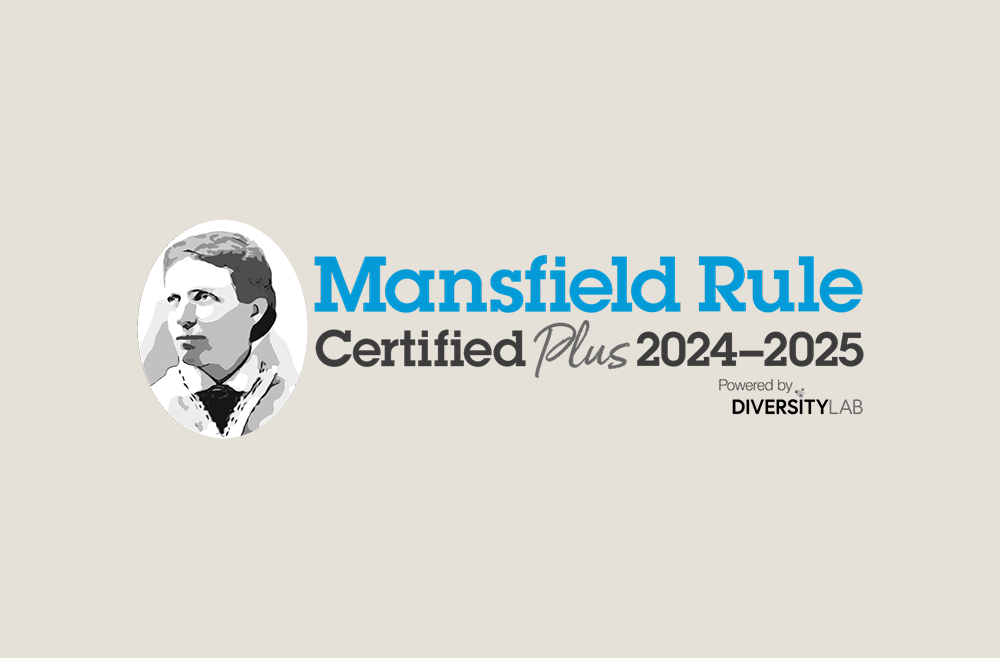
Press Release
Sep 15, 2025
Hinshaw Achieves 2024–2025 Mansfield Rule Certification Plus Status
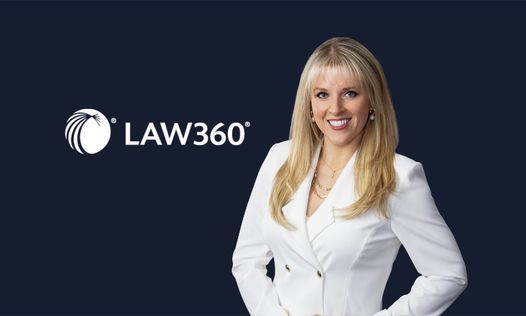
In The News
Sep 5, 2025
Jessica Riley Reflects in a Law360 Story on Lessons She Learned as a Junior Lawyer

Press Release
Aug 25, 2025
Trial Spotlight: Hinshaw Prevails in ERISA Fiduciary Fraud Case
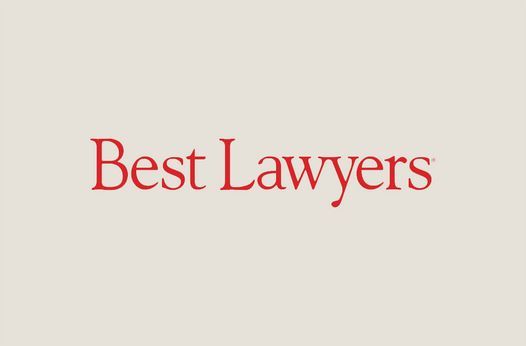
Press Release
Aug 21, 2025
102 Hinshaw Lawyers Recognized in 2026 Editions of The Best Lawyers in America® and Ones to Watch™

